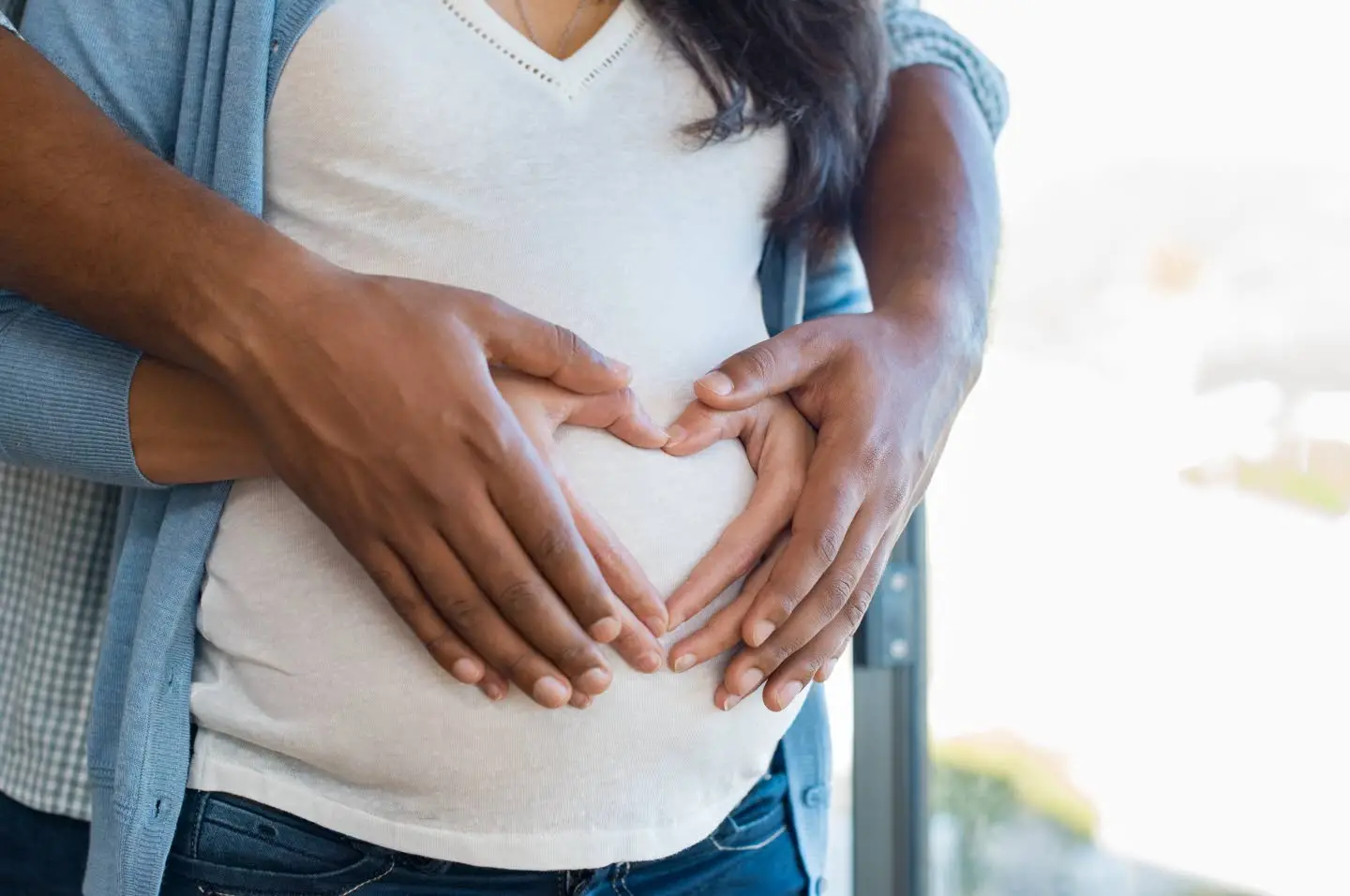
‘Will you still be my daddy?’
Men and children damaged by paternity fraud
IT’S every father’s nightmare — the revelation that a child is not actually his but the offspring of another man.
For one central Jamaica man, it became a painful reality last September when he found out that two children he had been fathering for nearly a decade were not his biological sons.
Some eight months after doing the paternity test he is still finding it difficult to cope psychologically with the results.
“It hurt, it really hurt. And trust me, if I wasn’t in a good state of mind it wouldn’t turn out good — but I hold it, I hold it,” the man, who wished to remain anonymous, told the Jamaica Observer.
The father of six said he had suspicions about his younger child, a seven-year old boy.
“He had nothing for me, and [one day] I looked at the mom and said, ‘You know he’s not my child,’ and the look on her face…she knew,” he said.
He set up a DNA test to put his fears to rest about his son, and initially he’d planned to only test one child, but he explained: “It would have been cheaper to do both of them so that’s where I said, ‘Alright, I’ll do both of them at once.’ ”
The other child was his nine-year-old son born to a different mother, he was wholly convinced the child was his.
“I had a bond with him,” he said, indicating he was convinced the child was his and wanted to put the child in his name .
Despite his past concerns, the results were shocking to him. Two of his children were ripped from him in one fell swoop, he told Sunday Observer.
“Two weeks passed by and I went to get the results. I got the results, got in the car, and I was on the phone. I was driving and then I was like, ‘Hold on, mi nuh get something important?’ I pulled it out. The one I thought to be mine was the one at the top; when I saw zero per cent [relation] I was shocked. I said if this is zero per cent, the other one is going to be negative zero,” he recalled.
The father said upon seeing the result, he “didn’t know how to feel”.
“I think it happened at the best time of my life because I’m telling you, back then, before I changed, everything would be worse,” he said.
In hindsight, he believes the case of his younger son was “premeditated” paternity fraud.
For his older son, that boy had not been registered in his name but he had been fathering the child, financially and emotionally, since birth. In that case, he doesn’t believe it was paternity fraud, but rather paternity misallocation.
Either way, the revelation has left him and the children devastated.
“He was crying when he called me,” he said of the older boy. “He said, ‘Will you still be my father?’ and I said, ‘Yes, I will always be a father figure for you.’ ”
There are scores of similar stories across Jamaica, which reportedly has one of the highest rates of paternity fraud in the world.
Local paternity clinics put the rate of paternity misallocation for the portion of the population doing DNA testing at around 70 per cent. However, Dr Astrid Batchelor, an obstetrician and gynaecologist with over 10 years’ experience, said the rate of paternity misallocation and fraud for the entire country is thought to be around 20 per cent, meaning one in every five children.
Dr Batchelor indicated that even before a baby is born, the possibility of paternity fraud “can have a profound emotional and psychological effect on fathers-to-be. Any fear or suspicion that a child may not be biologically related to that father can introduce significant emotional turmoil”.
Dancehall star Tony Matterhorn, born Dufton Taylor, has opened up publicly about his own struggle as a victim of paternity fraud, noting that, eight years later, the pain still lingers.
Taylor had always suspected that the baby girl was not his own but never objected to playing the part of a father because he loves kids.
He said things turned ugly in 2017 when the mother of the young girl in question “maliciously” attempted to force him to pay child support, knowing the child was not his. So, Taylor took it upon himself to do a paternity test, which confirmed he was not the child’s father.
The situation has left the star somewhat jaded.
“It’s just a wicked Jamaican thing. Jamaican women are very dangerous when it comes to that. If a girl say she want to give me a jacket, a me name Taylor. I can stitch it and bring it back again,” he said, punctuating his serious tone with a raucous laugh.
The central Jamaica dad expressed similar sentiments to Taylor. He described the reactions of one of the mothers.
“It’s like she didn’t care, like [she was almost saying] ‘So what?’ [and] if I’m going to believe a DNA test over her,” he said.
Dr Batchelor cautioned against shrugging off the emotional and mental impact of “jackets” on men.
“It can cast a horrible, negative shadow over the excitement of [a baby]; it creates feelings of betrayal, mistrust, confusion. And not just in terms of his relationship with a partner, but also regarding his own identity as a father,” she said.
She also rebuffed the idea that men do not have strong paternal instincts toward their children.
-Don’t count out the dads –
Though mothers are undoubtedly the ones most affected by pregnancy, Dr Batchelor said it is crucial to recognise that men also can experience a host of psychological, emotional and even physical changes that should not be overlooked.
“There is something called a sympathetic pregnancy. The medical term for it is called couvade syndrome, where they actually have found that men can experience some physical symptoms while their partners are pregnant. Some said that they have gained pound for pound with their partner during pregnancy. Some men even experience nausea, morning sickness, cravings…just as much as their partners do. Of course, this does not happen in every man,” she said.
More common than sympathetic pregnancies though are the emotional impacts shared by many expectant fathers.
“It’s a deeply emotional experience, you know, very positive for a lot of men, especially when this is a wanted child,” Dr Batchelor said.
The central Jamaica dad put forward that it is particularly hurtful when men make the emotional and financial investment in fatherhood, only to be met with the truth that their children are not really theirs. He was jovial during the interview, laughing often, but his words were coloured with hurt.
Regarding his other four children, he shrugged off the possibility of testing them saying, “I don’t know how I would react.”
Both Taylor and the central Jamaica dad said they still keep in contact with the affected children.
“I talked to her, like, about two weeks ago, and my mom still loves her,” Taylor told the Sunday Observer.
The other father added: “We talk, but I haven’t seen them since [the paternity test revelation]. I don’t think I’m in the state of mind to see them… that one look could really, really hurt.”
This result, the potential of fatherless homes resulting from paternity fraud, is one that Dr Batchelor finds concerning.
She highlighted the financial and emotional impact of losing a father on a child, as well as the possibility that men might actually sue for custody if they have bonded with the child.
“It does have a great impact on our family and community structure and our ideas of parenting,” she said.
“We get a lot of mothers who end up raising children on their own because men have left, and we can get the resultant effect of women now saying that, ‘Well, fathers aren’t important,’ ” she said, adding, “But it is an absolutely vital role that men play — it really shouldn’t be overlooked as something that is not necessary.”
Dr Batchelor pointed to more education, especially on safe sex practices and financial freedom, for women as the main fix to paternity fraud rates in the country.

BATCHELOR…any fear or suspicion that a child may not be biologically related to that father can introduce significant emotional turmoil (Photo: Karl Mclarty)

Even before a baby is born, the possibility of paternity fraud can have a profound emotional and psychological effect on fathers-to-be.























